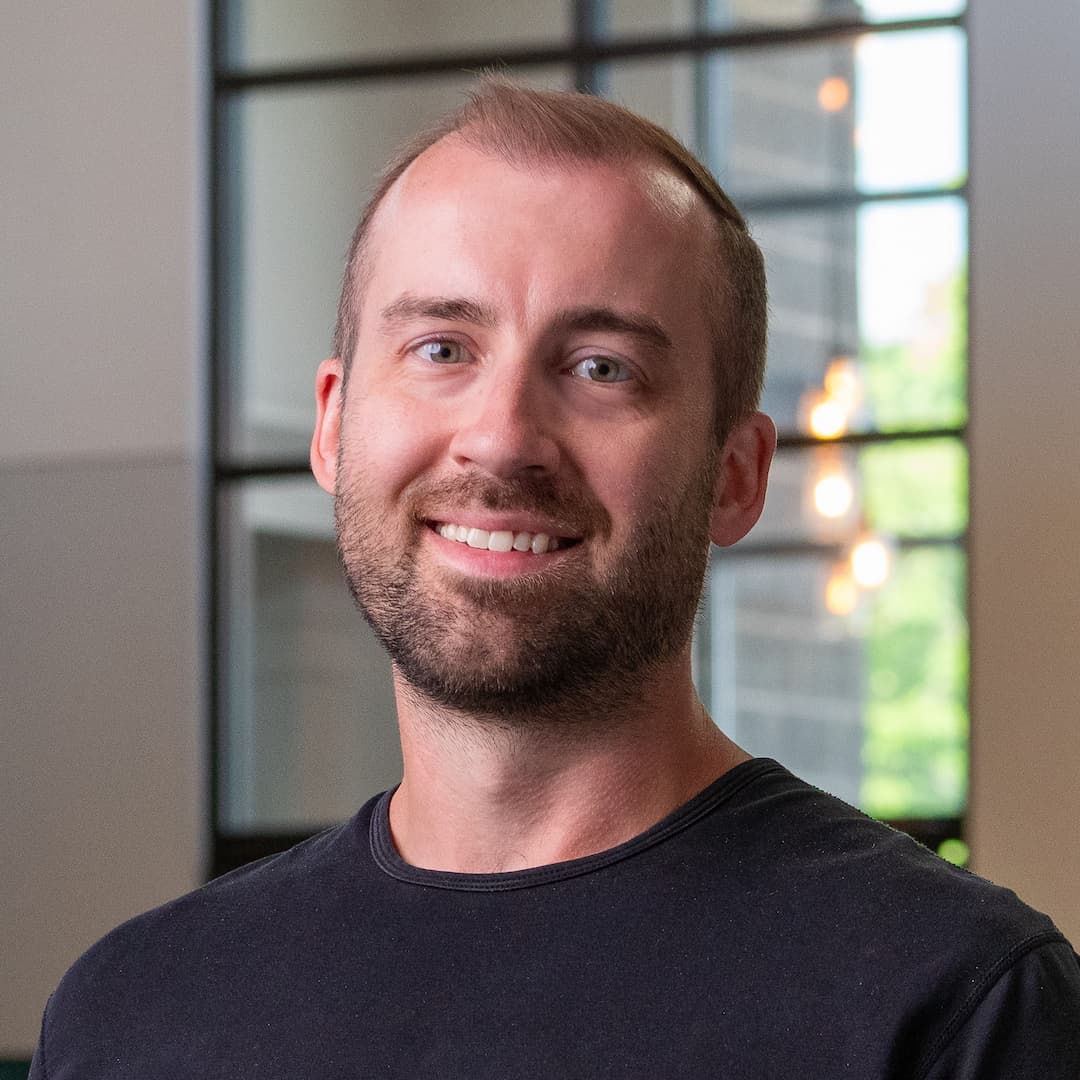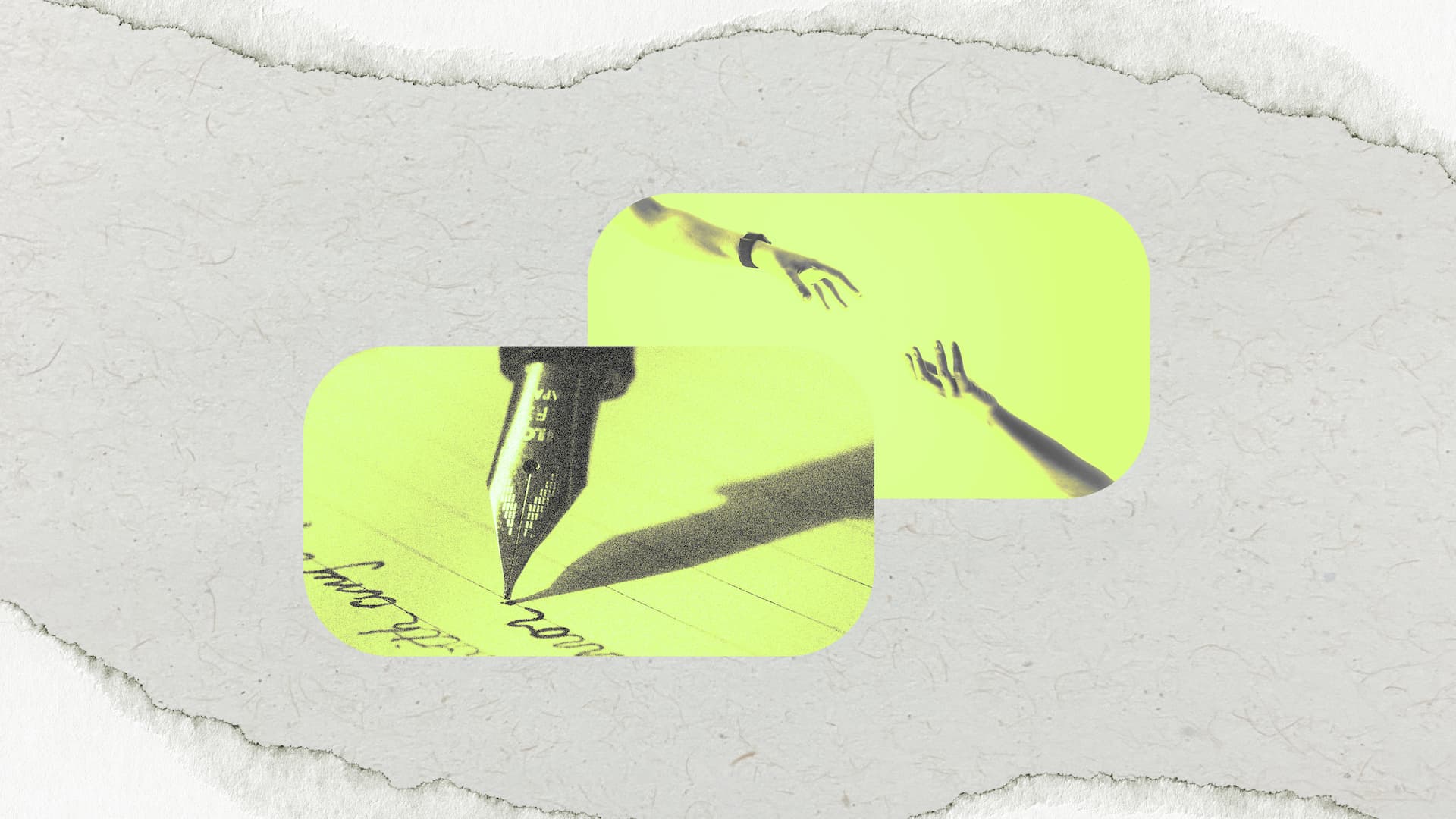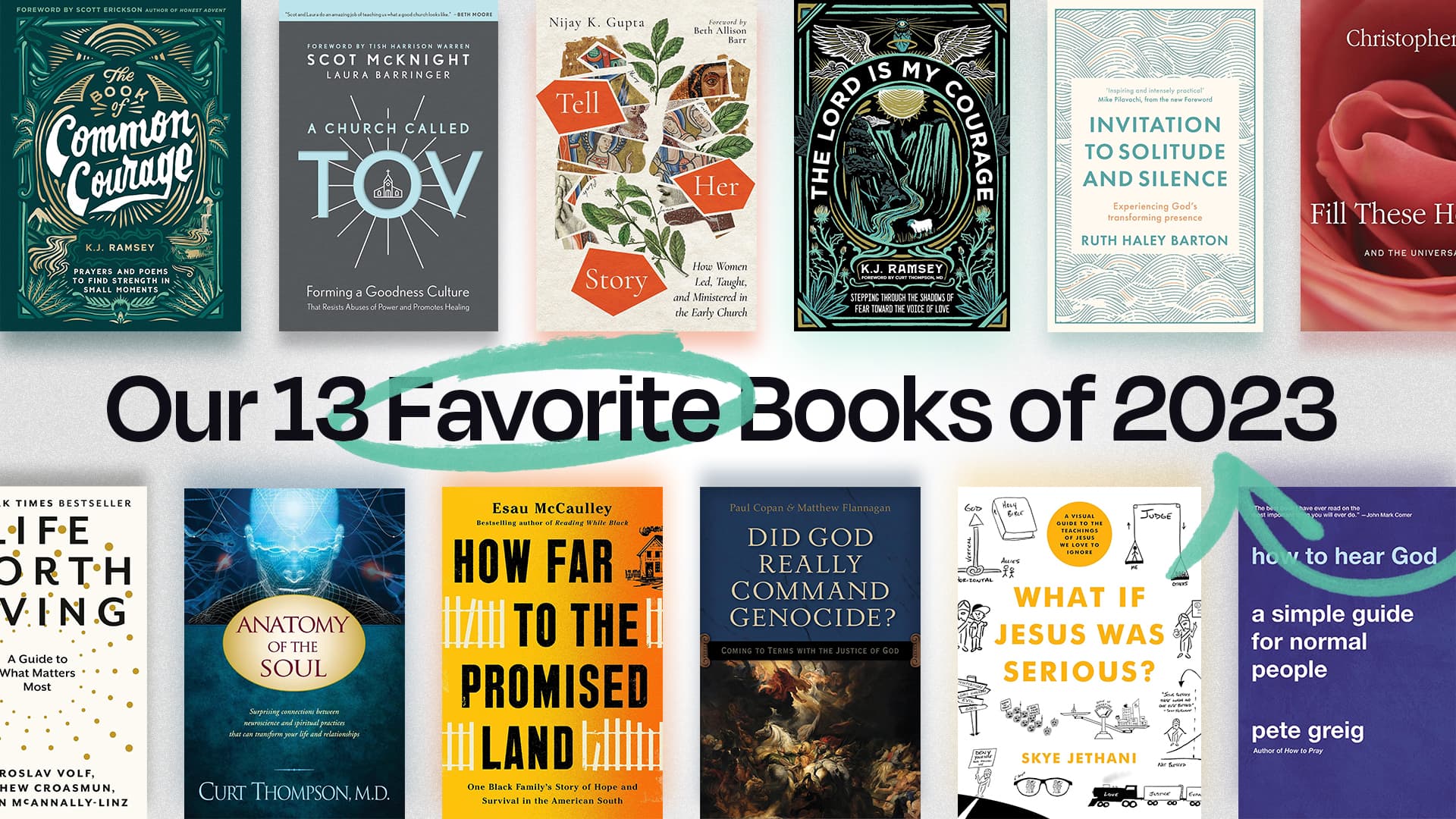If there’s one thing I know for sure about myself, it’s this: I’m terrible at being vulnerable. I’ve trained my entire life to not be vulnerable. And I’ve gotten really good at it. It’s so much easier to push those thoughts and feelings aside. To not let anything disrupt my day. To keep the peace with those close to me. My feelings are far less important than those around me so why would I bring them up at all? They’re probably not going to understand anyways, and it’s not their problem to deal with so I’m just going to manage this on my own.
But things never really work out the way I think they will. Somewhere along the line, there will be disruption. All that was stuffed down bursts out, either through myself or the people I’ve frustrated by not being honest. Those feelings of insignificance begin to take their toll on my mental and emotional health.
The list goes on.
I tell myself I’ll do better. Then I don’t.
And the cycle repeats.
I’m willing to bet that I’m not alone, though. Maybe you don’t face the same unhealthy tendencies that I just listed about myself, but vulnerability doesn’t come naturally to any of us. It’s risky. It’s daring. It’s exposing the parts of you that you maybe hate.
But on the other side of that risk is life.
On the other side of vulnerability is often connection we didn’t even realize we needed.
On the other side is an opportunity to see the world and humanity in full color. With compassion. And an opportunity to live a life without the weight that we so often carry alone; something we were never meant to do.
Who is this guy?
I’ve asked myself often, even as I’m writing this, “Who am I to share anything about vulnerability?”
I mean, you saw that list above, right? Why should you care what I say? I’m no expert and maybe that’s enough to cause you to quit reading. That’s fair.
I don’t claim to have any qualifications other than being just another person, like you, who can often struggle with vulnerability.
I’m writing this because I believe that true vulnerability is lacking in our culture. We’ve normalized so much of the hurt and pain that we go through. We dismiss our feelings. We push it all down and try to fill the space with something else that leaves us feeling better, even if temporarily. We all have experiences that leave us with trauma, and because of it we desperately try to protect ourselves, either consciously or subconsciously. We hide our truest selves. And we all pay the price for these things. We all miss out on experiencing the fullness of who we are and our human experience. We all lose the ability to really see ourselves and those around us and to extend grace and compassion.
I’m writing this because, for me, just writing it is a practice of vulnerability. But also, maybe even just one person will relate and take a step toward that risk of being vulnerable. And that’s one step closer to tearing down the walls we put between ourselves and living in a more connected world.
So, here are a few things I’m learning about vulnerability as I imperfectly work toward expressing more of it in my own life.
4 Things I’m Learning About Vulnerability
Vulnerability begins by being vulnerable with ourselves
We spend a big part of our lives hiding the things we hate most about ourselves. We get really good at doing it. Usually to the point that we don’t even realize we’re hiding it. It just becomes a part of our “personality”. It’s an easy excuse to say “This is just who I am” and not really take time to consider why we react in certain ways.
For me, it’s taken a lot of time and patience to learn to be honest with myself. And I’ve had to give myself a lot of grace. It’s not fun to bring those things we hate most about ourselves into the light. But it’s the only way you can move forward. By being honest with ourselves, looking beneath the surface, and asking ourselves “why?”, we can begin to see how we’re operating out of trauma or insecurities. And then we can do the work to bring a healthier, more authentic self into our relationships.
Through things like counseling, practicing mindfulness, or journaling (things that I’ve worked through myself), we begin to take the foundational steps toward being true, honest, and vulnerable with ourselves so that we can give the same to others.
God meets us where we really are
God has never asked for us to bring any version of ourselves except who we really, truly are in any given moment. We don’t find God in the past, reaching back to hang on tightly to a way that we felt when God had previously moved in our lives. We don’t find God in the future, refusing to move until God reveals himself or waiting for a time that we feel acceptable enough to go to God.
God lives in the here and now. In the present. In the moment that you’re reading this sentence.
And that means that God meets us wherever we’re at, here and now. As messed up as we are. As broken as we may feel. He’s waiting with open arms for you to come to him.
It takes a lot to come to him open and bare. With no mask or facade. But that’s vulnerability. And it’s a good place to begin practicing it. Because you’re practicing it with a Father who loves you unconditionally.
Consider going to him with this kind of openness. And when you do, allow him to speak to it. The message you hear won’t be about what you should be doing. There won’t be any shame. There will only be love and acceptance for the person you are and an invitation to a journey to go deeper into that relationship. That’s good news!
And what’s amazing is that as we become vulnerable with God and receive his love and grace, we learn to embody that posture with others. God shows us what it looks like to be open to others. To accept others. And to walk alongside others in loving acceptance for who they are and where they’re really at.
Vulnerability begets vulnerability
Vulnerability is a balancing act. We don’t want to be that person that just spills out all of our life problems to strangers. At the same time, we don’t want to hold everything back.
People need to, and should, earn your trust before you begin to really open up to them. The problem is, in order for you to feel like you can really trust someone, you need to open up. And they probably have to be a little vulnerable with you too. So who goes first?
There’s no right answer to this, of course. Follow your gut. If you feel a person is trustworthy, maybe err on the side of giving just a little more honesty and vulnerability than the other person is giving you. Because vulnerability begets vulnerability. And chances are you’ll be initiating an even more trusting relationship and they will begin to open up to you as well.
And when you listen, offer the same acceptance and grace that you would want to receive. Don’t listen with any assumptions. You’re there to learn more fully who this person is. Break past the labels you may have placed on this person and seek to meet them in the nuance of their own experience.
I think more than ever in our divided world, we just want to be seen and understood; to not be placed in a box. Do your best to be a safe place for others wherever they’re at. Take small steps toward opening up to others. Be the catalyst for deeper connection with the people around you.
Start small
As I’ve said, I’ve lived most of my life being pretty terrible with vulnerability. Like, closed off to almost everyone. And even on this journey of mine, I’m still not great with some people. But I’ve been determined to be as vulnerable as possible with a couple of trusted people in my life; some of the closest relationships I have. On the other hand, I have family members and relationships at my job that I have a lot of work to do in actually living out this practice.
A helpful reminder I tell myself is that becoming vulnerable doesn’t start with jumping into every relationship I have to spill my guts out. And you don’t have to start there either.
My encouragement would be to start small. Begin with just one person who you can trust and give them everything. Maybe it’s a friend who you haven’t been real with and need to have some difficult conversations with. Maybe it’s a spouse who, over the years, you’ve just become closed off to. Whoever it is, do your best to give them your all. Developing the practice of vulnerability will come in time with the rest of your relationships.
You can also begin by being vulnerable about little things. When someone asks how you’re doing, instead of the usual response of “Good!” try taking a moment to be just a little more real. If you’re bothered by something at home, try allowing that feeling to initiate a conversation. Asking questions and getting honest when you notice something that doesn’t sit right with you early on will help address it in a healthy way so that those feelings don’t simmer and boil over in the future.
There’s no rush. Take the steps you need to take in order to begin to more fully express who you are at the pace that feels best to you.
The Greatest Risk
Vulnerability is the greatest risk because it can seem like everything is on the line. Our hearts race. Our breaths quicken. The “what if’s” begin to flood our minds. And then we finally lay it out there for the other person to do what they will with it; this part of ourselves that we held so closely to the chest for fear of loss.
Not every conversation is going to end well. Sometimes you experience hurt in the process. You may even lose people along the way. But the people who care most will truly listen and receive what you’ve shared.
The greatest risk comes with the greatest reward. You’ll find connection, real connection, with God, with yourself, and with those around you. And you’ll find a version of yourself that is living a more full, authentic, and meaningful life.
Let’s take those steps together to live a life of vulnerability.
Next Steps
- What’s one hurt or struggle that you’ve been hiding or holding on to? Without shaming yourself, begin to reflect on why you feel you can’t share it with someone.
- Begin a practice of regular reflection to better understand and graciously accept where you are at in your journey. (counseling, practicing mindfulness, journaling, etc.)
- What struggle or imperfect part of yourself have you avoided bringing before God? Take time to allow him to speak into your life about the situation.
- Take a bold step and have a vulnerable conversation with someone close to you.






